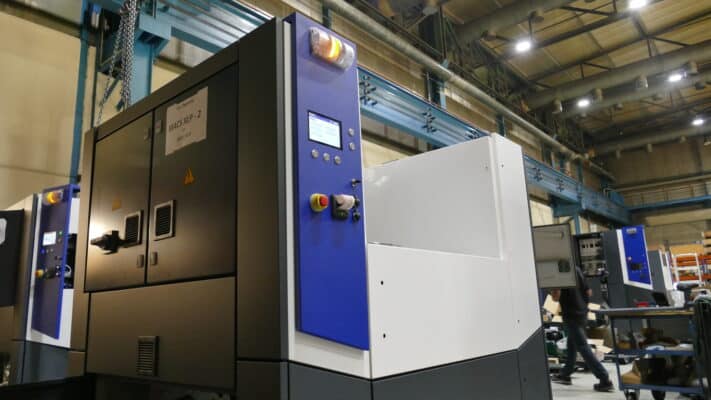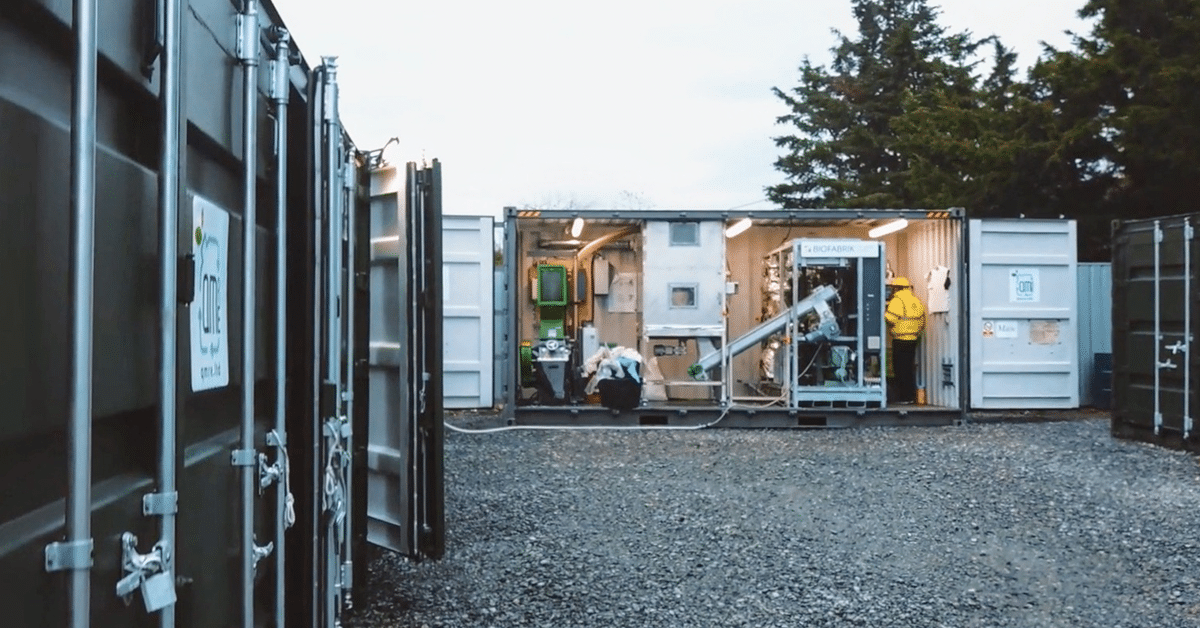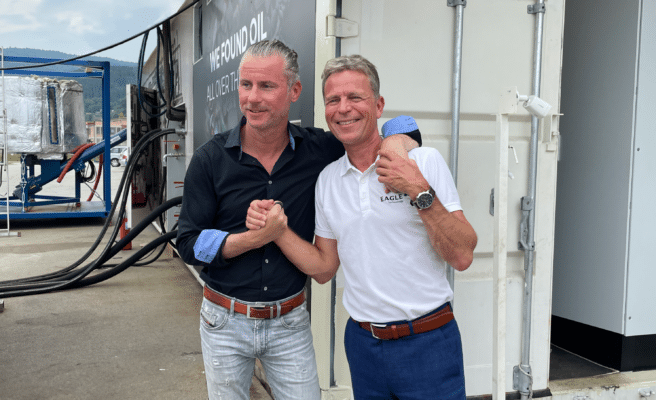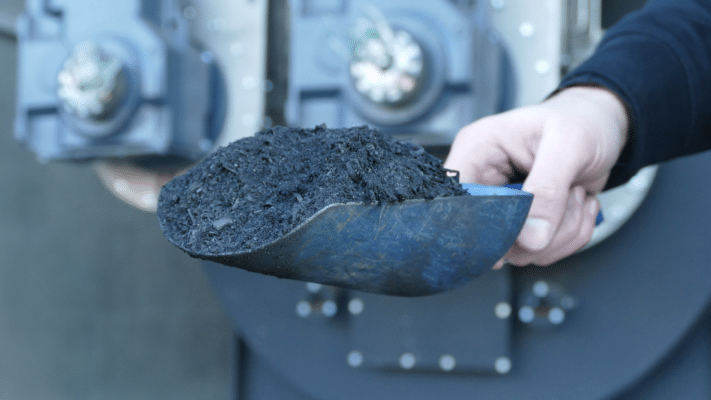
Biofabrik and ERMAFA: Scalable Solutions for Infectious Waste
Discover the synergy of Biofabrik and ERMAFA in the revolutionary WASTX Cleanic powered by MACS – a leap forward in sustainable infectious waste disposal.
The Biofabrik Systems are based on our highly advanced technologies WASTX Plastic and WASTX Oil in large-scale dimensions. By recycling various types of plastic and oil waste, our technologies are designed to profitably convert them into a high-value fuel.
Known from:





The Biofabrik Systems are based on our highly advanced technologies WASTX Plastic and WASTX Oil in large-scale dimensions. By recycling various types of plastic and oil waste, our technologies are designed to profitably convert them into a high-value fuel.





Based on individual needs, we offer customized solutions with our technologies.
After a detailed problem identification we develop individualized measures and strategies.
For smooth technology integration, we provide turnkey ready solutions in collaboration with our partners.
After the complex and successful development of our modular technologies, we decided to use the core of both to develop large-scale solutions. Together with our team of highly qualified and experienced engineers, we develop large scale recycling projects.

Our engineers are experts in large-scale plant design and process technology
Our experts provide consulting, development, planning and commissioning services
*In Germany in 2019
(Federal Statistical Office, May 2019;
Federal Environment Agency, 2020)
We offer a free informational consultation to gain an understanding of your individual situation and provide you with our services.
With decades of experience in large-scale project engineering, our specialists can design any project under any conditions.
Recycling plants require a variety of infrastructural, constructional and regulatory specialties due to legislation differences.
To ensure smooth plant operation, we emphasize a high degree of automation in our electrical installation.
Advanced extinguishing systems, as well as detail engineering in terms of environmental protection guarantee safety.
Our specialists commission the production plant and ensure smooth operation through proper maintenance.

In our most recent project with Enespa AG, we united our forces in order to build the world's biggest factory for chemical recycling based on our WASTX Plastic. The first modules will start processing plastic waste by 2022, until we reach the final goal of processing 200 tons of plastic waste per day.


Discover the synergy of Biofabrik and ERMAFA in the revolutionary WASTX Cleanic powered by MACS – a leap forward in sustainable infectious waste disposal.

Discover how Eagle Technologies and Biofabrik revolutionize plastic recycling with the WASTX Plastic pyrolysis plant for a greener future.

Explore how the Impact Family addresses pressing global challenges like CO₂ emissions and soil degradation. Discover the transformative potential of Biomass Pyrolysis and Biochar for a sustainable future.